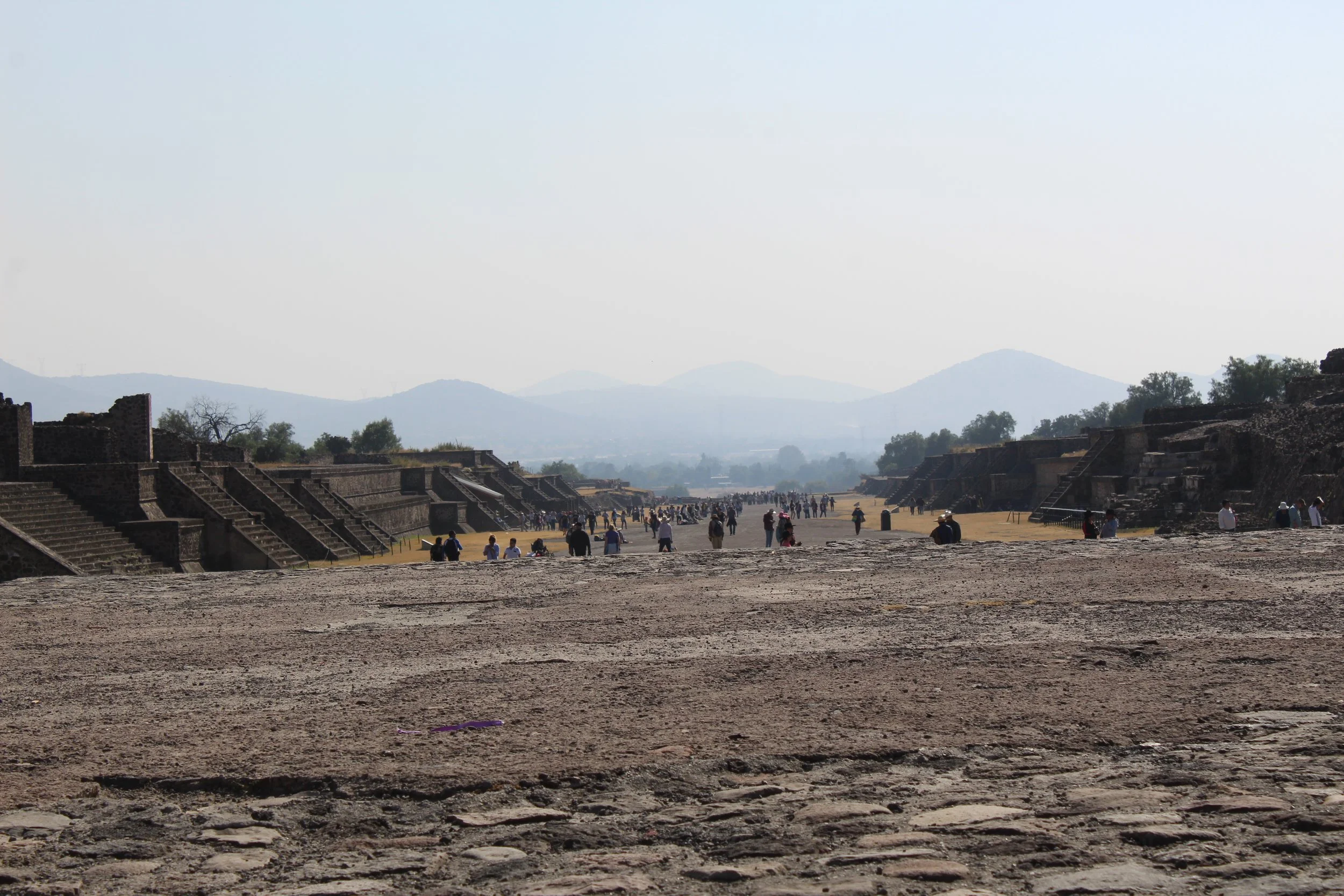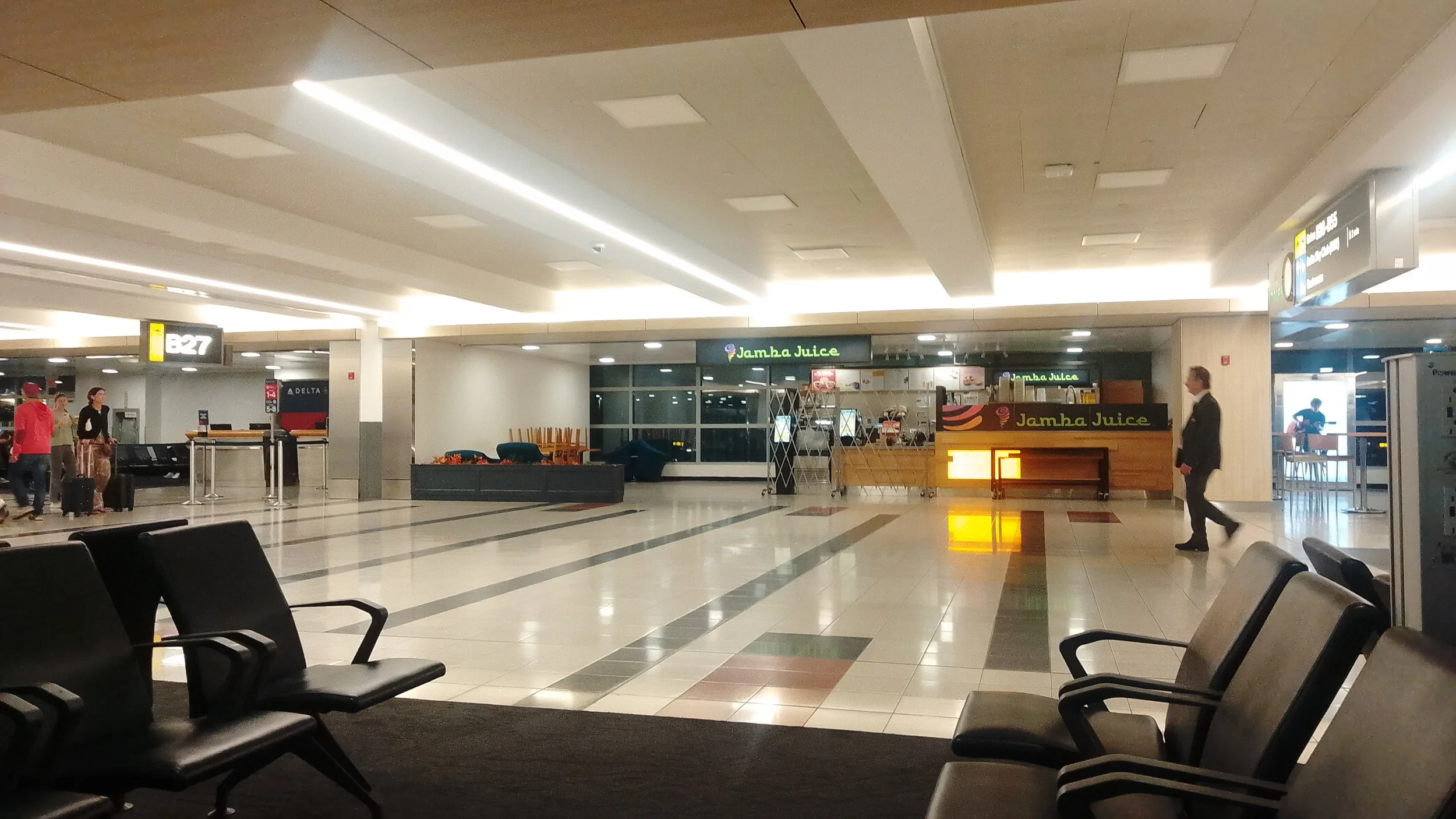If you were to reach your fourth-grade hand to feel the elevated mountains in a poured plastic topography map, you would know the difference between higher and lower places without thinking about it.
One of my earliest memories from kindergarten is when we constructed islands by pouring dyed blue water around green clay to form islands.
This is a peninsula.
This is where the water goes.
If we peel back the thin layer between us and our inner lives—removing that shallow subcutaneous layer—we could detect the topography of our own inner lives. It’s a space that involves reaching, feeling, and sensing. Not much mental motor generation.
Since a lot of what our intelligence is is simply returning to what’s already there, we don’t have to go that far to find it. It simply requires the use of one's fingertips to feel things.
What I wonder is what it's like to feel inside our own topography instead of simply using our exhausted and overstimulated brains.
We might find a stronger source that doesn't rely on the power of generating new ideas but merely on identifying bumps under our fingers.
What’s there?



